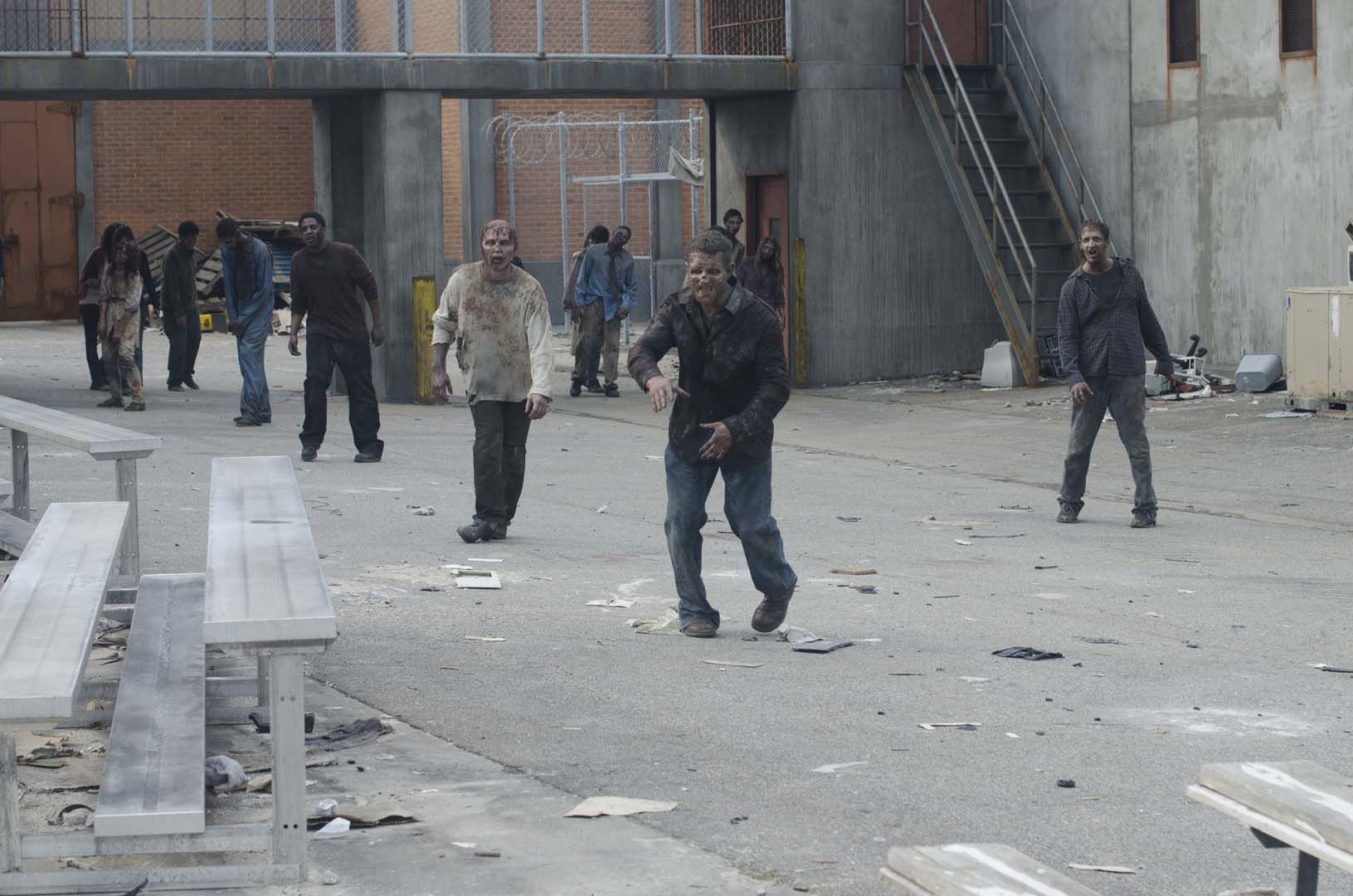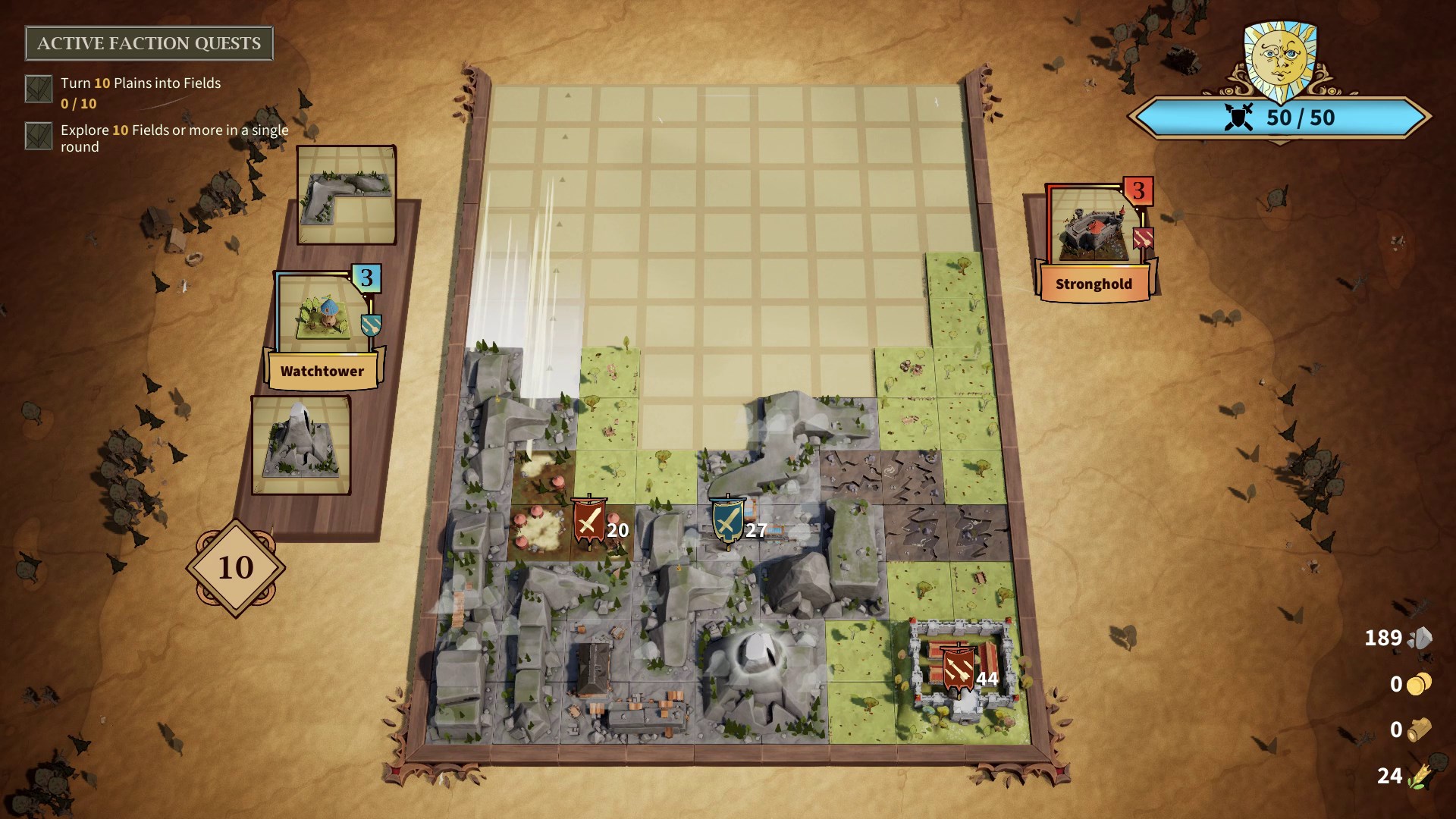Talk about dabbling in some controversial topics. Embraced by Autumn, the latest visual novel release from ebi-hime, boldly goes for not one of them, but three.
Set in 19th Century France, it’s the tale of a young boy called Marcel who finds himself drawn into a scandal thanks to his rascally father, and has to lay low for a period. He also needs to complete his studies, which creates a dilemma: how can he receive an education when no Parisian school will have him?
We wouldn’t necessarily have come up with the same solution. He has an aunt, Albertine, who presides over an all-girls boarding school in Myennes, and she is willing to enrol him. So, Marcel becomes Marcelle, attending the rural school with the intention of presenting as a young girl.

So, let’s tick off those controversial topics. We have a fourteen year-old boy, forced by circumstance to abide by feminine gender norms for an entire year. And then we have a question of consent, as none of the other girls know that they have a boy around them. Knotty stuff. This being a period piece, we also have Marcel making friends with young girls who have their eyes set on older – much older – men. Fourteen and fifteen year-olds are all trying to catch the eye of thirty and forty-something men (including Marcel/Marcelle’s rogueish dad). These might all make sense for the period and genre, but it’s oh so easy to handle it grubbily.
Luckily, we are in the capable hands of ebi-hime. They are the writer-designer of a wide range of Xbox visual novels, including A Winter’s Daydream, Blackberry Honey and Strawberry Vinegar. If there’s something that they excel at, it’s navigating choppy moral waters to find a brand of romance – whether requited or unrequited – that you might not have encountered before.
The key to this, as Disney will often tell us, is friendship. Marcel doesn’t immediately start wooing these girls, nor does he abuse the trust implicit in being a guy in a girl’s dorm. He’s a nervous chap, which makes sense having been bullied for his family’s scandalous behaviour, so he searches out a friend. This comes at a pivot-point early on, when Marcel is sent to the log cabin to gather some wood as a punishment, and he gets to choose whom he goes with. That decision – which also happens to be the only choice in Embraced by Autumn – determines the rest of the game. Whomever is chosen becomes the friend that Marcel spends his year with.
We’re not talking about some divergent dialogue lines here or there: Embraced by Autumn becomes a completely different game with no scenes shared between them. Pick from Claudine, Mirabel, Luce and Celine and you’re playing a completely different visual novel. Which is pretty damn generous. We can’t recall many visual novels that diverge this willfully. You’re certainly getting a lot of word count-age for your £16.99.

It’s also got the typical ebi-hime polish. We’re on a run of two or three visual novels that are mistranslated mush, hard to read and speckled with misanthropy. It’s refreshing to play one that’s error-free, treats the reader as an adult, and doesn’t leave us with a dirty taste in our mouths. You can be confident in the quality of Embraced by Autumn.
But something creeps into Embraced by Autumn that we haven’t seen in ebi-hime’s other novels, and that’s boredom. It’s a curious feeling, as we’re so used to ebi-hime’s novels rattling along at a fair pace. In their other novels, the plot twists around like a rollercoaster, the story doesn’t stick around for longer than it needs to, and it tends to be a snappy three or four hours in length.
Embraced by Autumn feels rather sluggish in comparison. We’re going to put the blame at Marcel’s feet. He’s not exactly overflowing with self-confidence, which is an absolutely fine characteristic for anyone to have. But as a main character, he slows everything down. The pattern goes something like this: someone will ask Marcel if he wants to do something (learn piano, perhaps), so his internal monologue wrestles with whether he can do it. Then he verbalises it to his new friend, and they start trying to convince Marcel that he can do it. It becomes a long-winded motivational chat, and eventually, yes, Marcel decides he CAN do it. But then he grumbles and wrings his hands as he plays the piano for days afterwards.
It’s a dance that gets old pretty quick. Prospective writers could play Embraced by Autumn and take some notes: there are certain characteristics that just don’t make for engaging and dramatic plots. Marcel’s imposter syndrome ties weights to the hem of the story and drags it down to the riverbed.

Knowing those controversial topics we listed out at the start, you’d think that there was bucketloads of dramatic potential, too. There’s bound to be a will-they-get-found-out-or-won’t-they tension, right? But Embraced by Autumn decides to sidestep that sort of thing, instead focusing on the stories of the girlfriends themselves. Embraced by Autumn is about their arranged marriages, unrequited loves and domestic responsibilities. Which is fine, we suppose, but we’re a boy in a girl’s boarding school, so we were expecting something a little more compelling. Our suspicion is that ebi-hime was worried about the moral quandaries of the gender-swapping setup, so instead chose to dodge them completely (outside of a chaste kiss at the end of each story). It makes you wonder why they were there in the first place.
What’s left isn’t bad by any stretch of the imagination. Fans of Jane Austen in particular may find some fondness in the classic issues of class, city versus rural living, arranged marriages and gender inequality. But we found Embraced by Autumn strangely inert. The intro promises some future dramatic, potentially even salacious turns, but not one of the four different stories delivers. It’s all too tentative. In the end, Embraced by Autumn could have done with just a little more confidence and sass.




